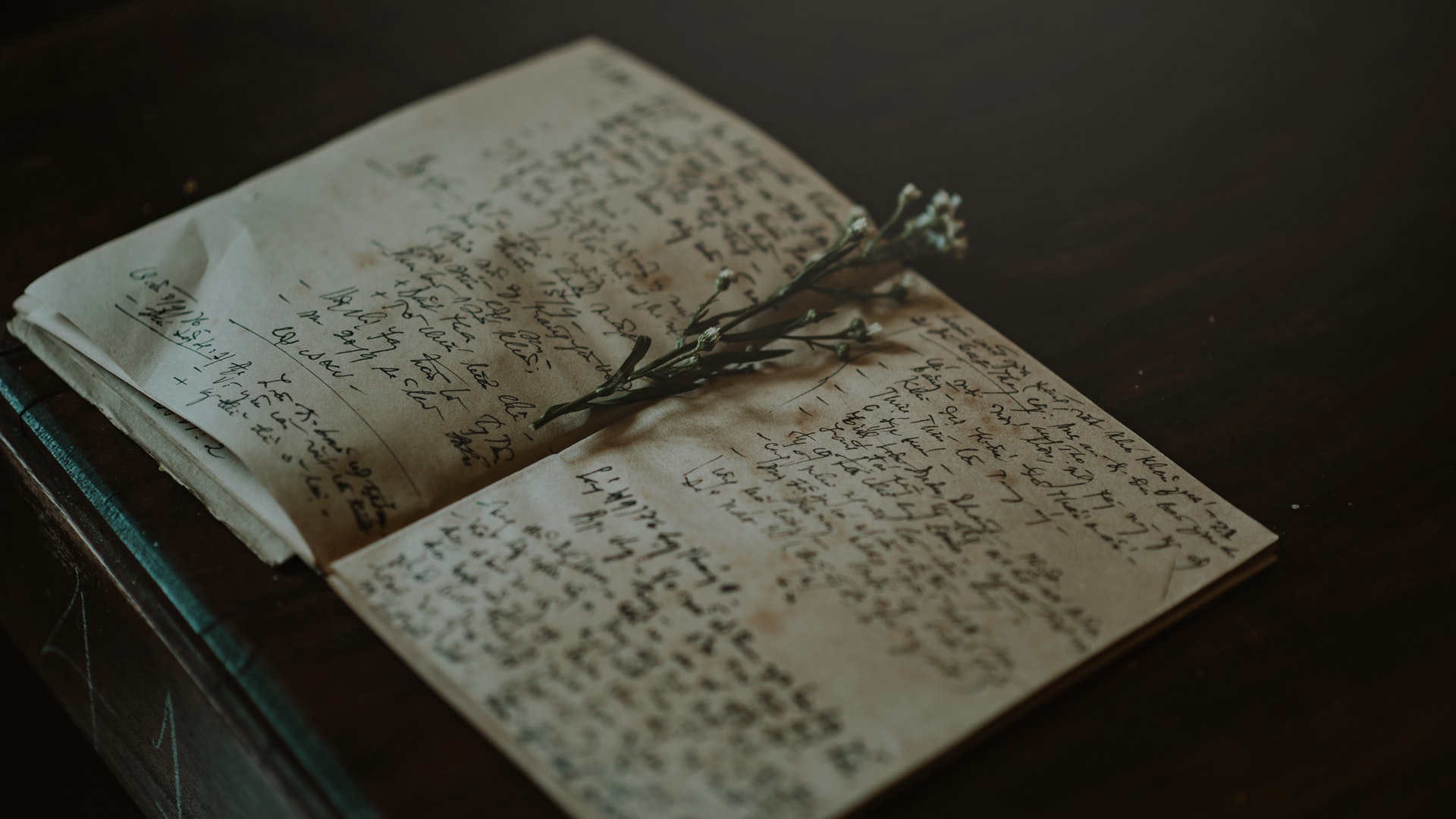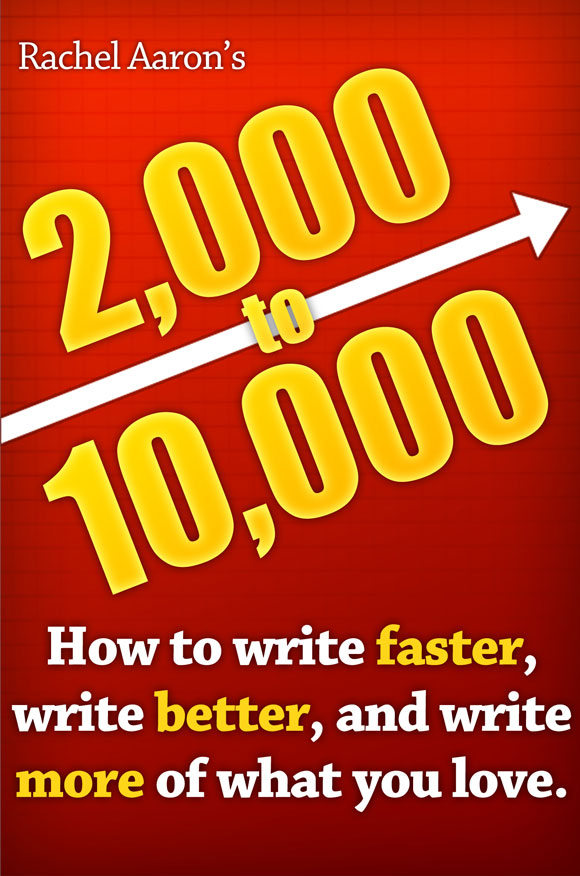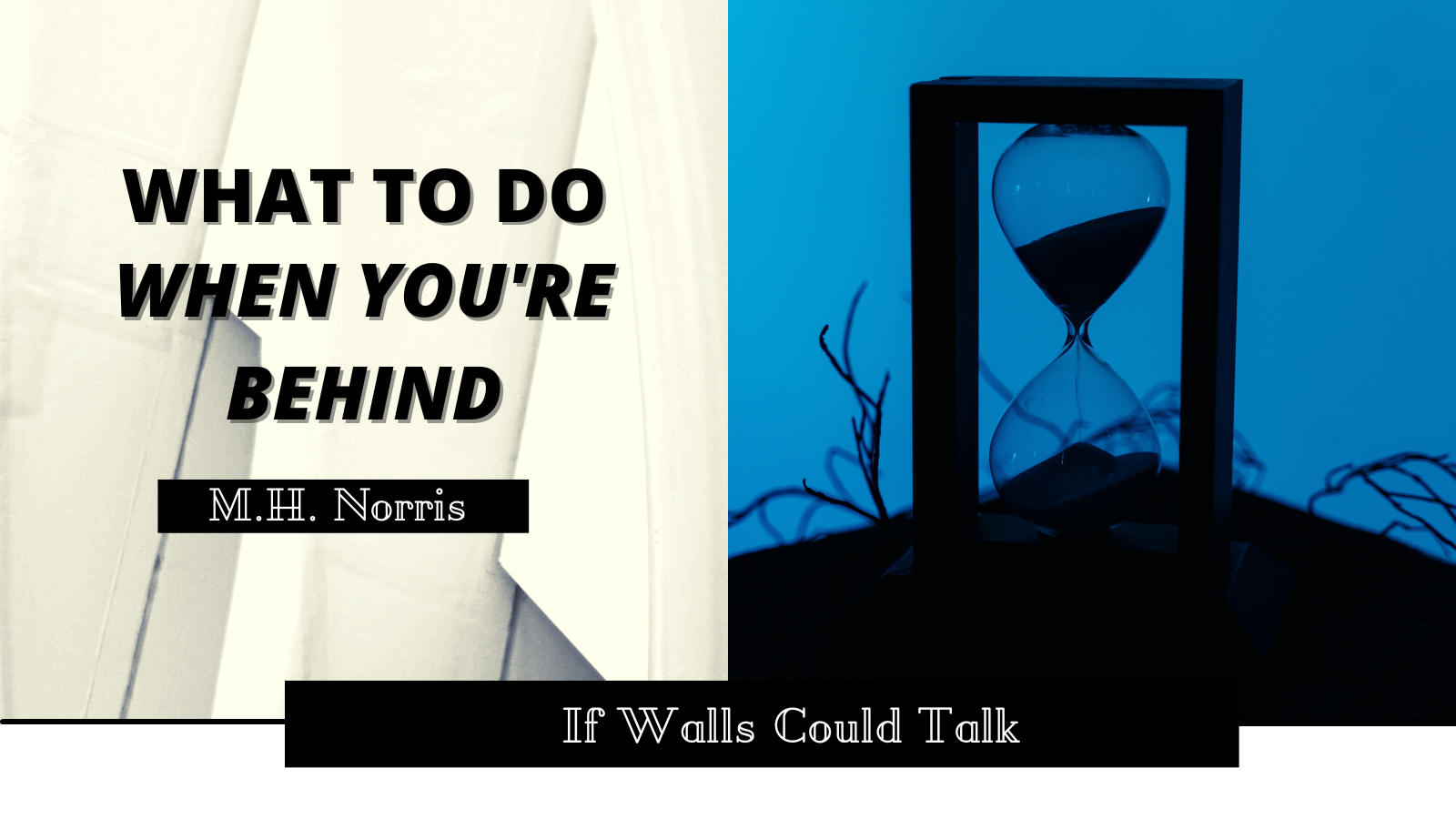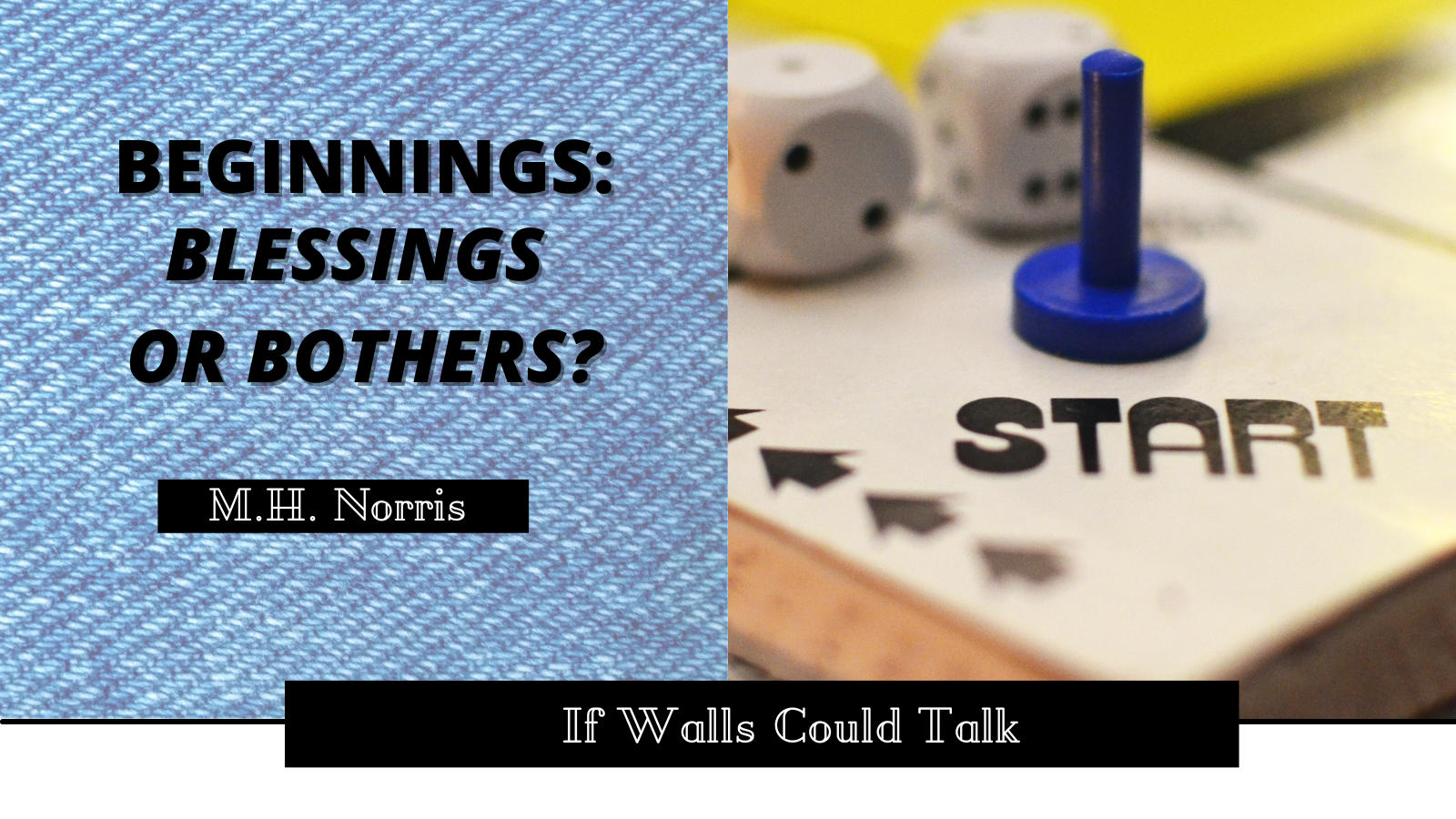
M.H. Norris
Has anyone else ever started writing a novel, novella, or some sort of long project only to find yourself interrupted with other deadlines or other opportunities? Then when you come back to the project after weeks or even months to find yourself struggling?
That seems to be the case for me lately. I find myself taking breaks in longer projects and then it’s hard to get back in. I’m working on Jazz Street and after one such break, I almost wanted to chuck a large chunk of what I had.
James wouldn’t let me.
Which was a good thing. As writers, we truly are our own worst critics and if I let myself chuck thousands of words every time I wasn’t the biggest fan of them, then some of my stories would be much, much shorter. Or I’d end up below minimum word count. Or stories would never be done. Don’t edit until you finish, as they say.
“Midnight” was one such project. I did it in several stages and came back to the ending severaltimes.
Sometimes, it’s hard. Especially back when I wasn’t as good at making notes on where I was going with things. So Present Me had to guess what Past Me was thinking. Sure, I mostly knew the big plot points. But little details might go missing because I have no idea what I was thinking a few months ago.
You can’t always help having to take a break. Sometimes, life happens. Other times, you get a chance to contribute to something that you don’t want to pass up. Still others, you have to sit it on the back burner while you figure something out.
When it’s time to come back, what do you do?
1) Take Notes
This is a lesson I’ve only recently started to learn. David Annandale recently recommended Rachel Aaron’s book 2K to 10K to me. From it created my own version of Aaron’s plan. I plot out plot points and label them day by day, expanding the timeline I did with Notches into something bigger. This might not work for every genre, but knowing the day-by-day/hour-by-hour really helps for writing procedurals, I’ve found.

I recently came back to Jazz Street after several weeks away and found the notes I’d made before hand covering the next dew chapters. Using that, it’s been easier for me to return after time away.
2) Read It Through
It’s hard to start cold turkey on something that you’re already part of the way through. Read it through. Even if you hate your words. Not only does it help you get in the proper mindset but it also might help you remember where you were going.
3) Return to the Research
For me, I use myths and legends as the basis of my mysteries and then build an investigation around that. Sometimes, it takes returning to the source material.
For example, with “Midnight,” I spent plenty of time on creepypasta and related sites looking at various accounts of the myth. For the murder weapon, I did some digging into its purpose and what makes it unique and fitting for this.
Sometimes, there’s a gem in the research. It may also point out something that needs tweaking that you may have missed. Sometimes, there’s just what you need to get drawn into the story again.
One Last Tip
It’s hard starting a project after time away from it. Maybe the best advice is to try and schedule projects so that you can attempt to avoid taking these breaks. But considering that things come up, that may not be possible.
It’s your story. Trust yourself to know how to tell it. And also, if you’re lucky to have a solid editor, don’t be afraid to ask for their insight.




